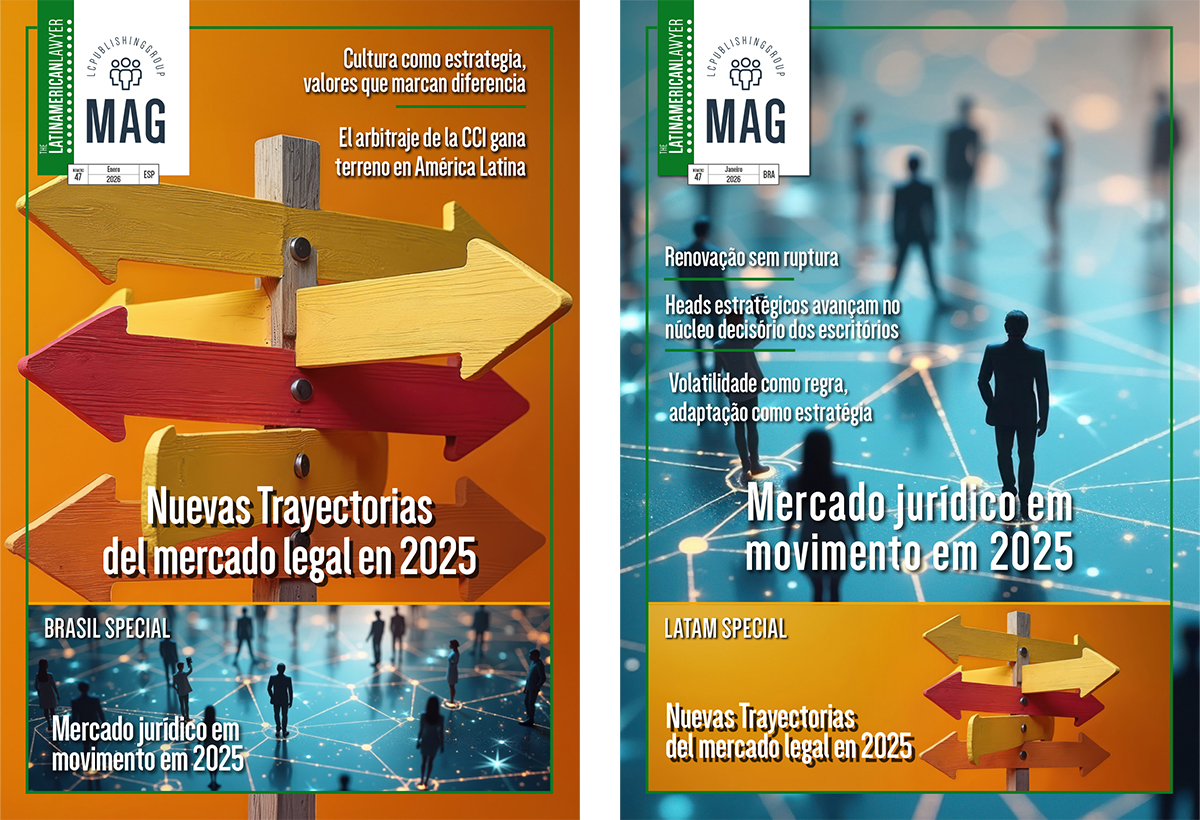Uruguay ranks top in Latin America anti-corruption index

Uruguay has come out top among Latin American countries in its capacity to combat corruption in an index put together by the Americas Society/Council of the Americas (AS/COA) and consulting firm Control Risks.
 The Capacity to Combat Corruption (CCC) Index examined 15 nations in the region, and has been published annually since 2015.
The Capacity to Combat Corruption (CCC) Index examined 15 nations in the region, and has been published annually since 2015.
Uruguay, beat out the rest of the region by a significant margin in all categories, scoring a total 7.78 points out of 10, followed by Chile with 6.57.
In contrast, the lowest performing country on the list is Venezuela, with an overall score of 1.52.
“The reasons for Uruguay’s success range from strong enforcement mechanisms across the public sector and well established democratic institutions to an active civil society and a vigilant press,” the CCC Index says.
“Also, the country’s size and higher level of development represent unique advantages compared to its Latin American peers.”
Uruguay particularly stood out in terms of it’s legal capacity to tackle corruption, with the highest score in all subcategories. While the country has historically been a hub for money laundering, since 2018 the state has worked on bolstering it’s anti-money laundering apparatus, according to the index.
“Starting around 2015, we began witnessing something new: from Brazil’s Lava Jato to Guatemala’s La Línea, anti-corruption operations targeted members of political and business elites previously treated as untouchables,“ said Roberto Simon (pictured), senior director of Policy at AS/COA, and Geert Aalbers, a partner at Control Risks, who were involved in the creation of this year’s index.
“These major investigations emerged at the same time not by coincidence, but because they were the result of common, deep and systemic changes. Key Latin American countries developed an environment conducive, for the first time, to better tackle corruption,” Simon and Aalbers said.
However, the two fear that the trend may be coming to a premature end, spurred on by the COVID-19 pandemic.
“Latin America started to experience enforcement fatigue. Attention shifted to economic issues and social rights, which were at the forefront of massive protests in several countries in late 2019,” they said.
“Having voted a large number of self-declared anti-corruption crusaders into government offices, many Latin Americans also felt ready to move on to focus on other priorities. And then the pandemic hit,” they added.















